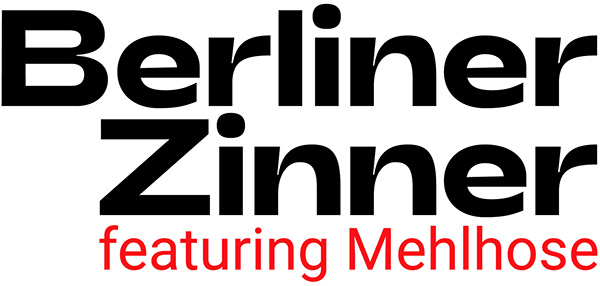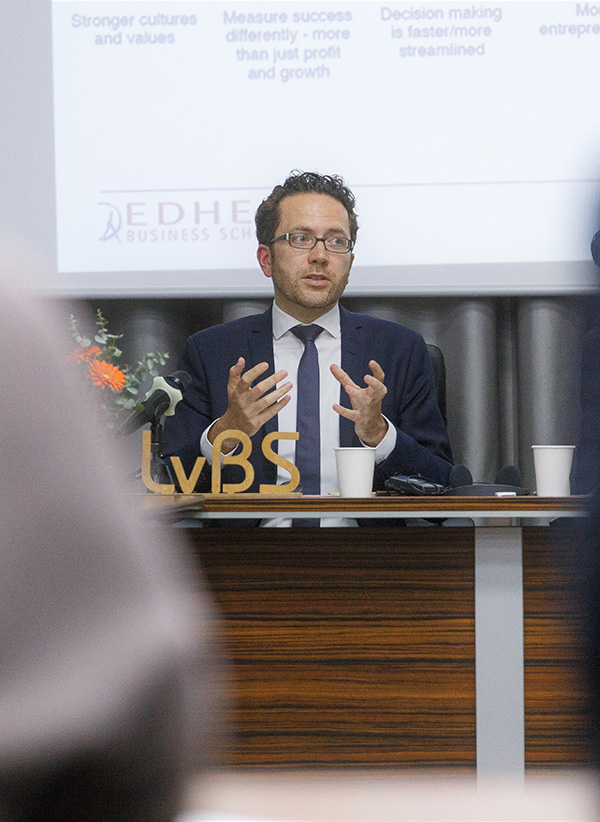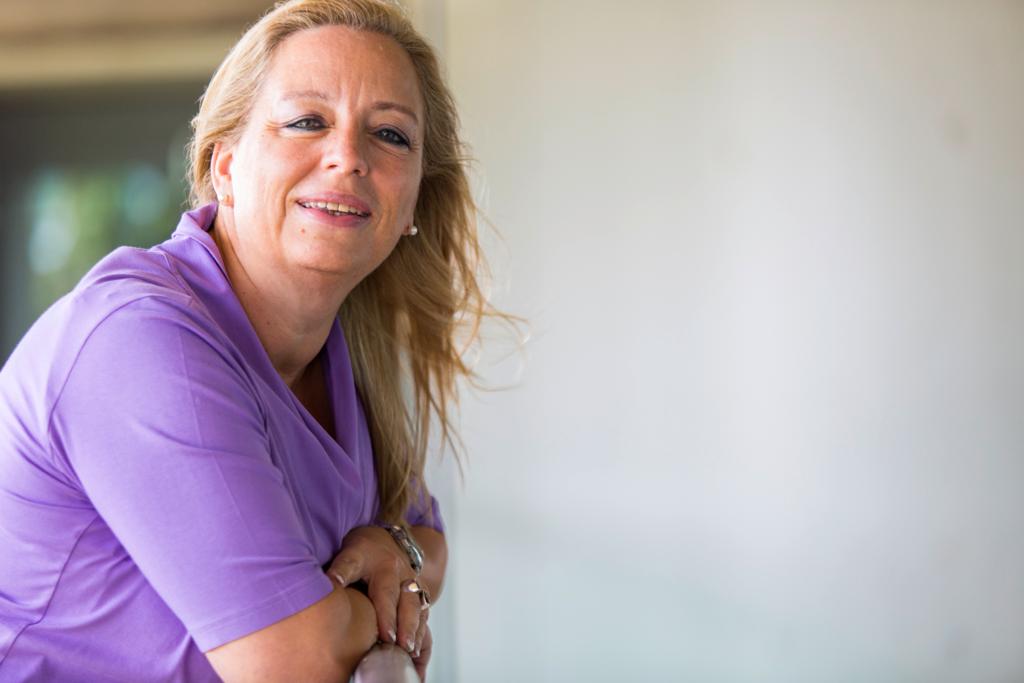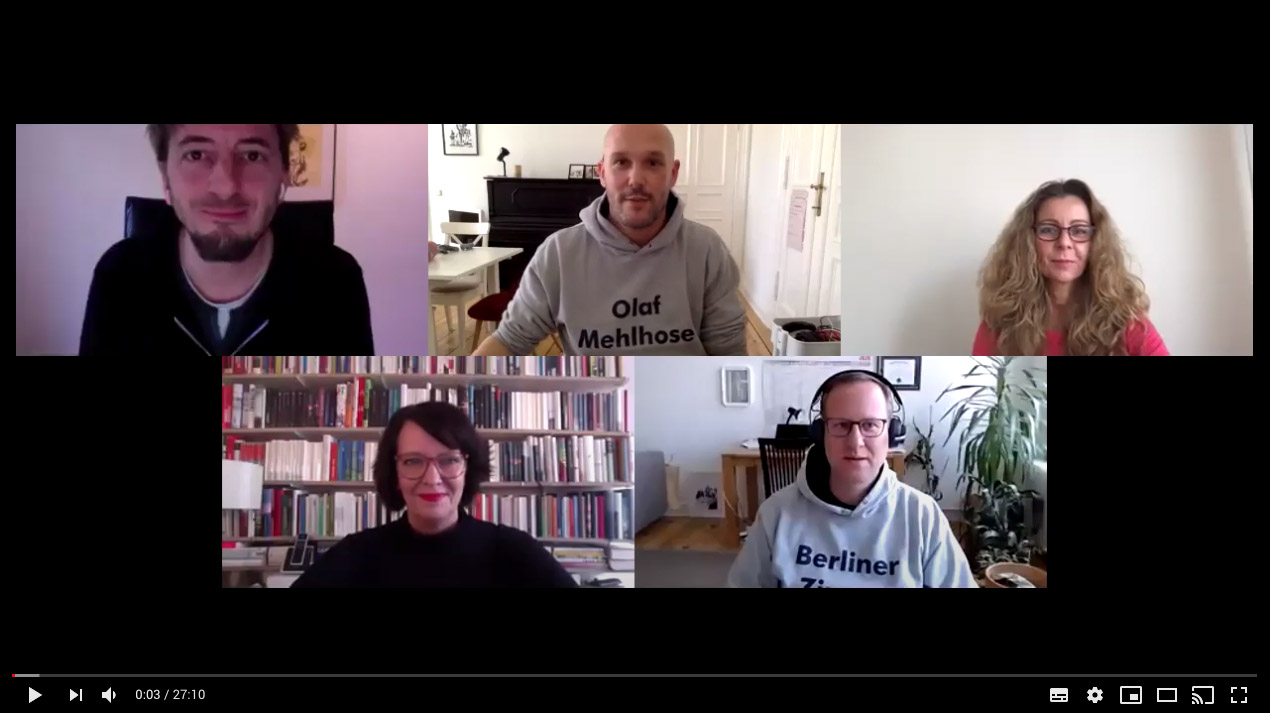“Freelancer-only teams are equally capable”
Katrin Ruland is the founder and CEO of Noah Mobility, a ReloTech startup that offers private and business customers the possibility to completely organize and handle relocation via a single app. The relocation entrepreneur is convinced of the benefits freelance collaboration offers to all parties involved. In this interview, Katrin explains the freelance collaborators’ role at Noah Mobility, why the industry highly depends on agile structures, and why recognition of external employees ultimately pays off.
Katrin, you are an entrepreneur and start-up CEO in Munich. What experience do you have with freelancing in your own career?
I started as a freelancer in the relocation business in 2001. I often didn’t like the way freelancers were treated and the appreciation and understanding for their work. In my first years in the relocation business and as an employer of freelancers, I even made the same mistakes as the companies I had previously freelanced for myself did. In the rush of the multiple tasks that sometimes suddenly came upon me, it took time until I had worked out my own way and until I had found the way back to my original goals and ideas. .
With your company, you work in the field of relocation, global mobility and people mobility. What is the role freelancers play in this industry?













